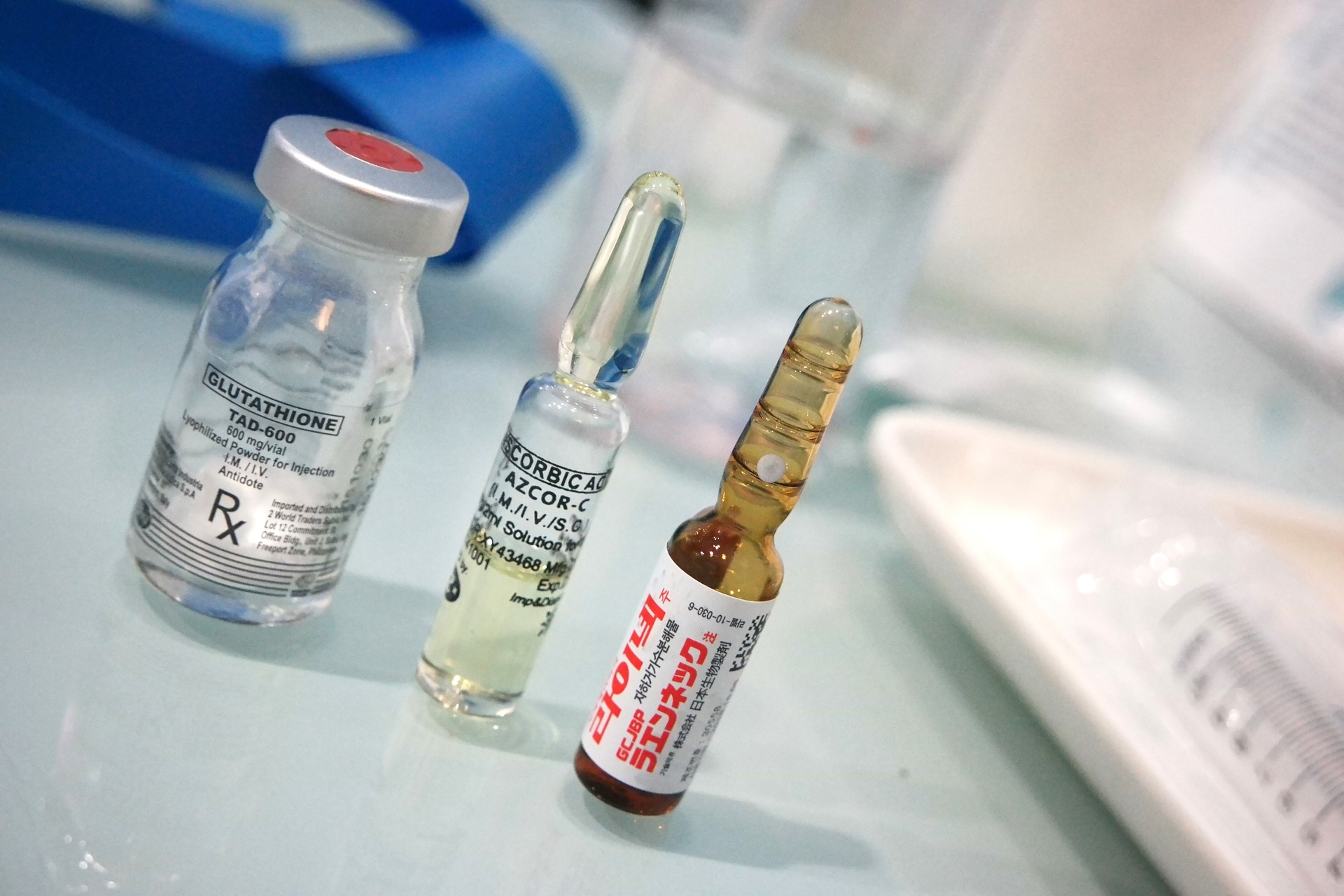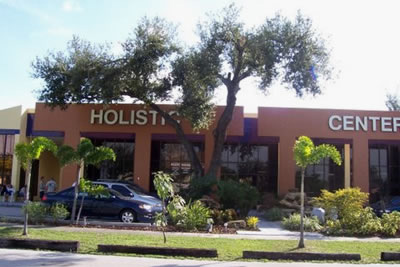New Opioid Addiction Treatment Could Benefit Rehab Centers in Georgia

Opioids are medications commonly prescribed to help treat and manage chronic pain. Most opioids are prescribed for short-term use due to how these drugs bind to receptors in the brain, and can lead to physical dependence and addiction when used long-term.
Researchers from two Georgia universities have recently identified a brain mechanism that could help prevent tolerance and addiction to opioids. This new data could help rehab centers in Georgia gain a better understanding of how to treat opioid addiction.
If you suspect you might be addicted to opioid medication, get help immediately to prevent your health and overall quality of life from becoming worse.
Call our confidential helpline at 888-414-2380 to speak with a trusted treatment specialist who can provide you with the resources you need to find rehab centers in Georgia and overcome your addiction.
The Brain’s Response to Opioids

New research could reduce opioid addiction and overdose rates.
Researchers at Georgia State University and Emory University found that morphine tolerance occurs when cytokines release and trigger an inflammatory response in the brain. Cytokines are substances secreted by the immune system that encourage cells to move to sites of inflammation, infection, and trauma.
But blocking a certain cytokine can prevent morphine tolerance and allow physicians to prescribe half the dose of morphine needed to reduce pain effectively.
Lead study author Lori Eidson says these findings could help physicians and rehab centers better understand pain treatments and the physiological reasons for addiction. Using less morphine to treat chronic pain could also result in lower opioid abuse rates, and a lowered risk for accidental overdoses and death.
When morphine is taken in the absence of chronic pain, the body views the drug as a pathogen and triggers an immune response to flush out the pathogen. But when the immune response is blocked, the body no longer becomes tolerant to morphine. The study findings were published in an August issue of the journal Neuropsychopharmacology.
Preventing Opioid Addiction
If you’ve been prescribed opioid medications to treat and manage chronic pain, take opioids exactly as directed by your physician. Using opioids incorrectly can increase your risk for dependence and addiction, as well as overdose or death. Take your opioid medication at the same time every day to avoid overlapping doses, which can cause you to develop a higher tolerance and/or dependence.
Alternately, talk to your healthcare provider about non-opioid medications and treatments that can effectively help you manage chronic pain. Keep in mind that the short-term pain you might experience will far outweigh the problems you could face with addiction.
If you continue to take opioid medications, talk to your physician immediately if you start feeling different, or if you feel that your current dose is too low, or too strong. This allows your physician to manage your doses more safely and effectively so you can lower your risk for dependence and high tolerance.
Addressing Marijuana Dabbing With Help From Drug Rehab Centers in Georgia
Treating Opioid Addiction at Rehab Centers
Most rehab centers in Georgia use medication-assisted treatments to help opioid addicts overcome addiction. A medication-assisted approach reduces the risk for relapse, and minimizes cravings and withdrawal symptoms for those physically dependent on opioids. Using medication for detox has been proven successful and effective at helping opioid addicts achieve lifelong sobriety and good health following treatment.
If you or someone you love is addicted to opioid medications such as morphine, methadone, or oxycodone, don’t hesitate to reach out and seek help immediately. The sooner you treat your addiction, the sooner you can return to a healthier, happier, and more fulfilling life!
Call our helpline at 888-414-2380 to locate rehab centers in Georgia that can help you combat and overcome your addiction to opioids.
